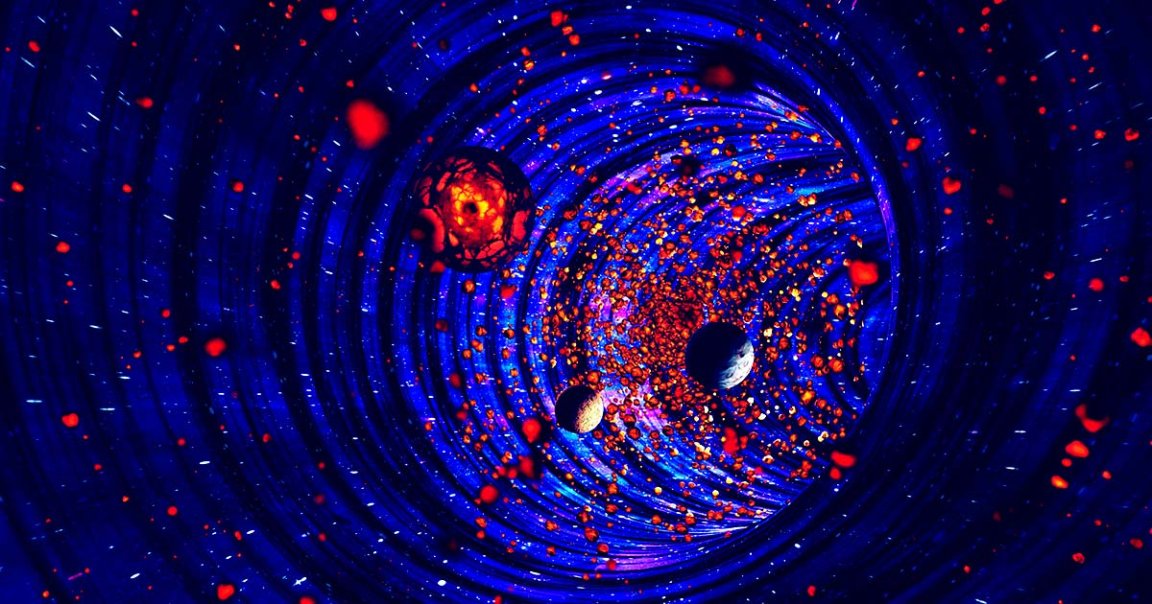
Into the SETIverse
Scientists suggest that the reason why we have yet to find aliens could be that they’re hiding in a parallel universe.
As detailed in a new paper published in the journal Monthly Notices of the Royal Astronomical Society, a team led by Durham University astrophysicist Daniele Sorini devised a new take on the Drake equation.
The equation was formulated by astronomer Frank Drake in the 1960s to estimate the number of active and detectable alien civilizations in our galaxy. It takes a number of factors into consideration, including the average rate of star formation, the potential number of habitable planets, and the proportion of them that could develop intelligent life.
Sorini and his team, however, suggest reframing the equation by considering the possibility of parallel universes that may be more likely to host intelligent life than our own — a galaxy-brained concept that could help explain why we have yet to make first contact.
Darkest Timeline
Sorini’s team suggests that some universes would have a more optimal density of dark energy, the mysterious stuff that scientists believe is driving the accelerated expansion of the universe.
Specifically, they found that a universe where the density of dark energy allows for 27 percent of ordinary matter to be turned into stars would be most likely to allow for alien life to develop. That’s compared to just 23 percent in our universe, meaning our universe is at a disadvantage for developing life.
“Surprisingly,” Sorini said in a statement about the paper, “we found that even a significantly higher dark energy density would still be compatible with life, suggesting we may not live in the most likely of universes,”
Sure, the idea that aliens are hiding out in the multiverse is preposterous on its face, like the premise to a last-ditch Marvel sequel. But Sorini and his collaborators frame it as an effort to reconcile the more exotic implications of modern physics with the search for life beyond Earth — and you have to admit that, at the very least, it’s a fun idea.
“Understanding dark energy and the impact on our universe is one of the biggest challenges in cosmology and fundamental physics,” Sorini said. “The parameters that govern our universe, including the density of dark energy, could explain our own existence.”
“It will be exciting to employ the model to explore the emergence of life across different universes and see whether some fundamental questions we ask ourselves about our own universe must be reinterpreted,” coauthor and Université de Genève cosmology professor Lucas Lombriser added.
More on the multiverse: Dark Matter May Be a Deformed Mirror Universe, Scientists Say